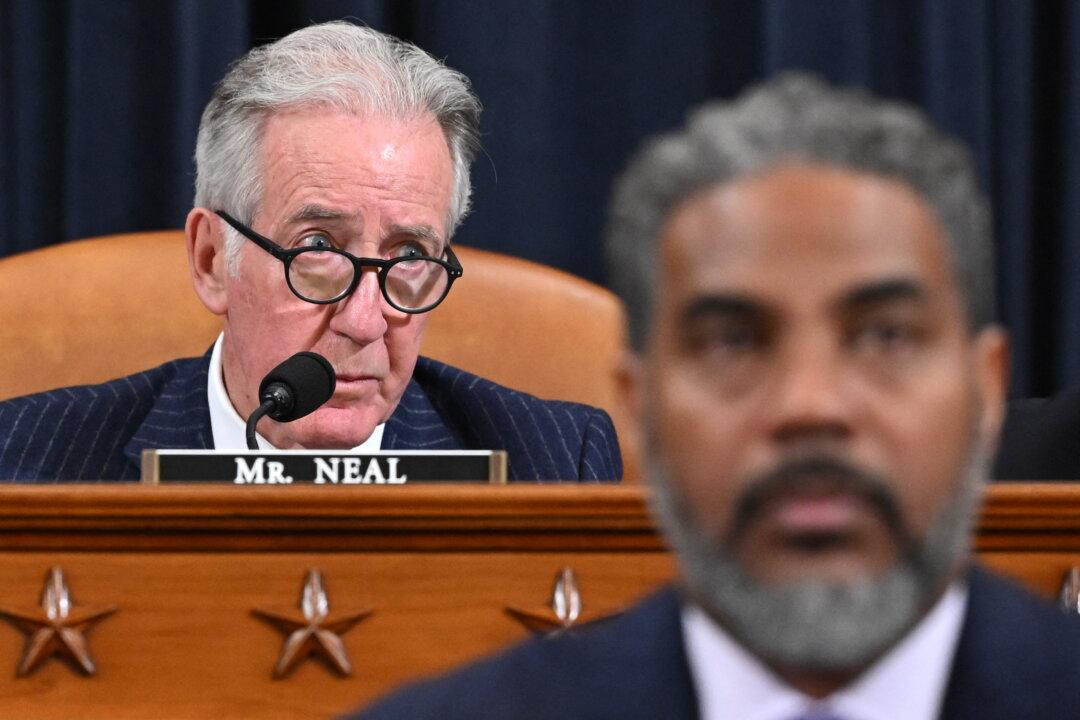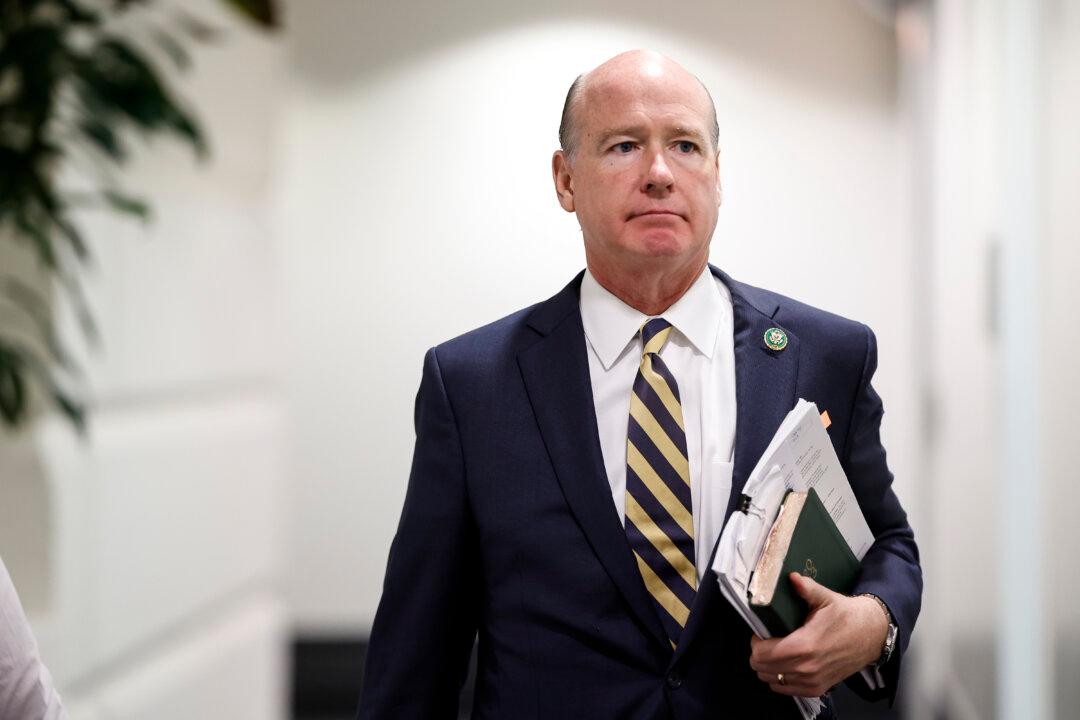The U.S. House of Representatives on Dec. 22 approved a measure that would require the U.S. government to make a president’s tax documents public.
H.R. 9640 (pdf), or the Presidential Tax Filings and Audit Transparency Act of 2022, was approved on a 222–201 vote, with five Republicans joining all Democrats in voting yes. Eight members missed the vote.





